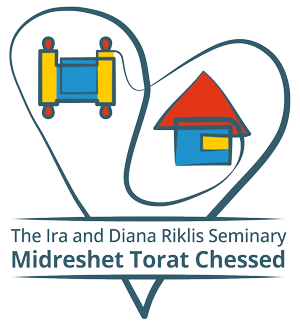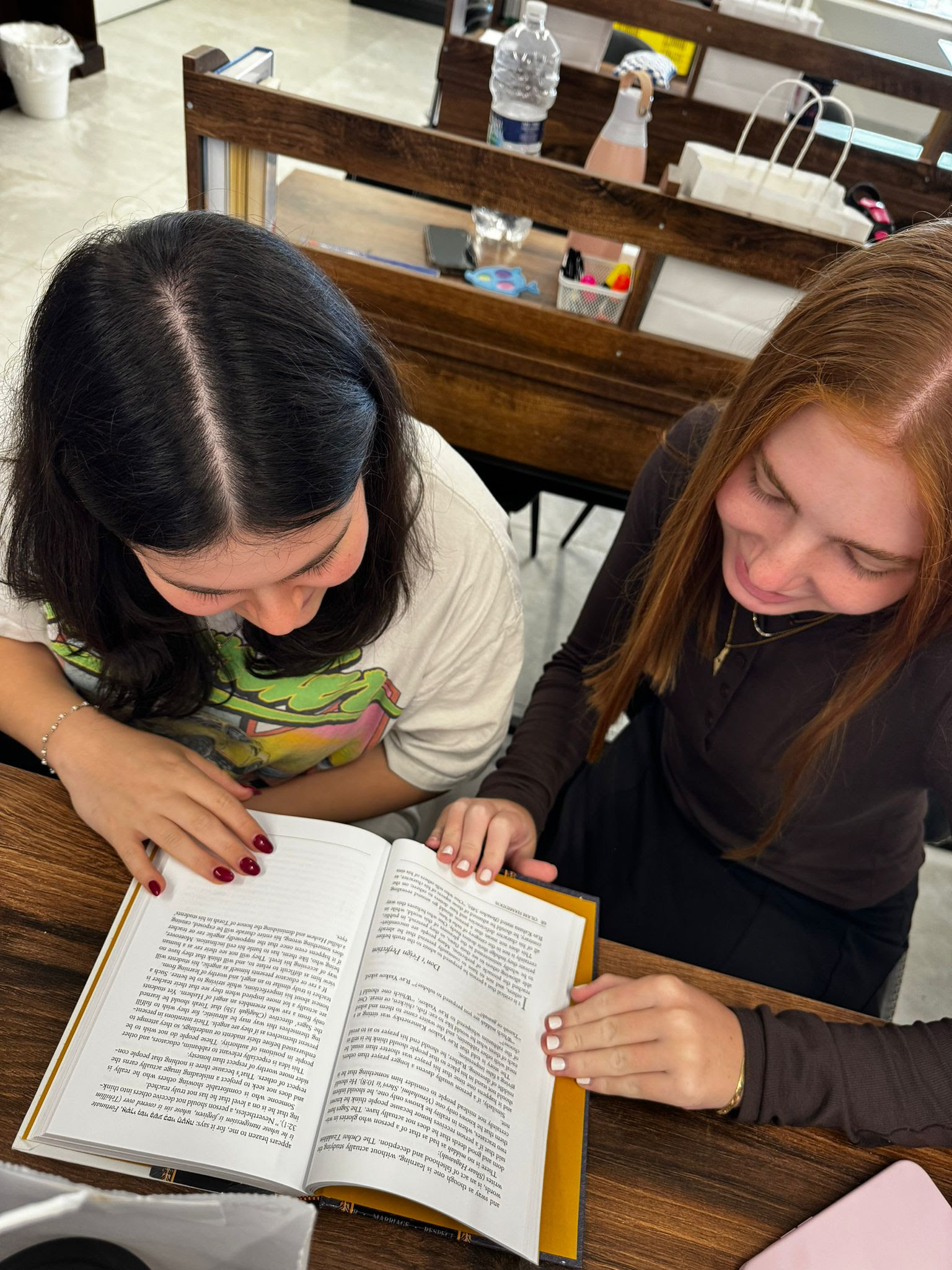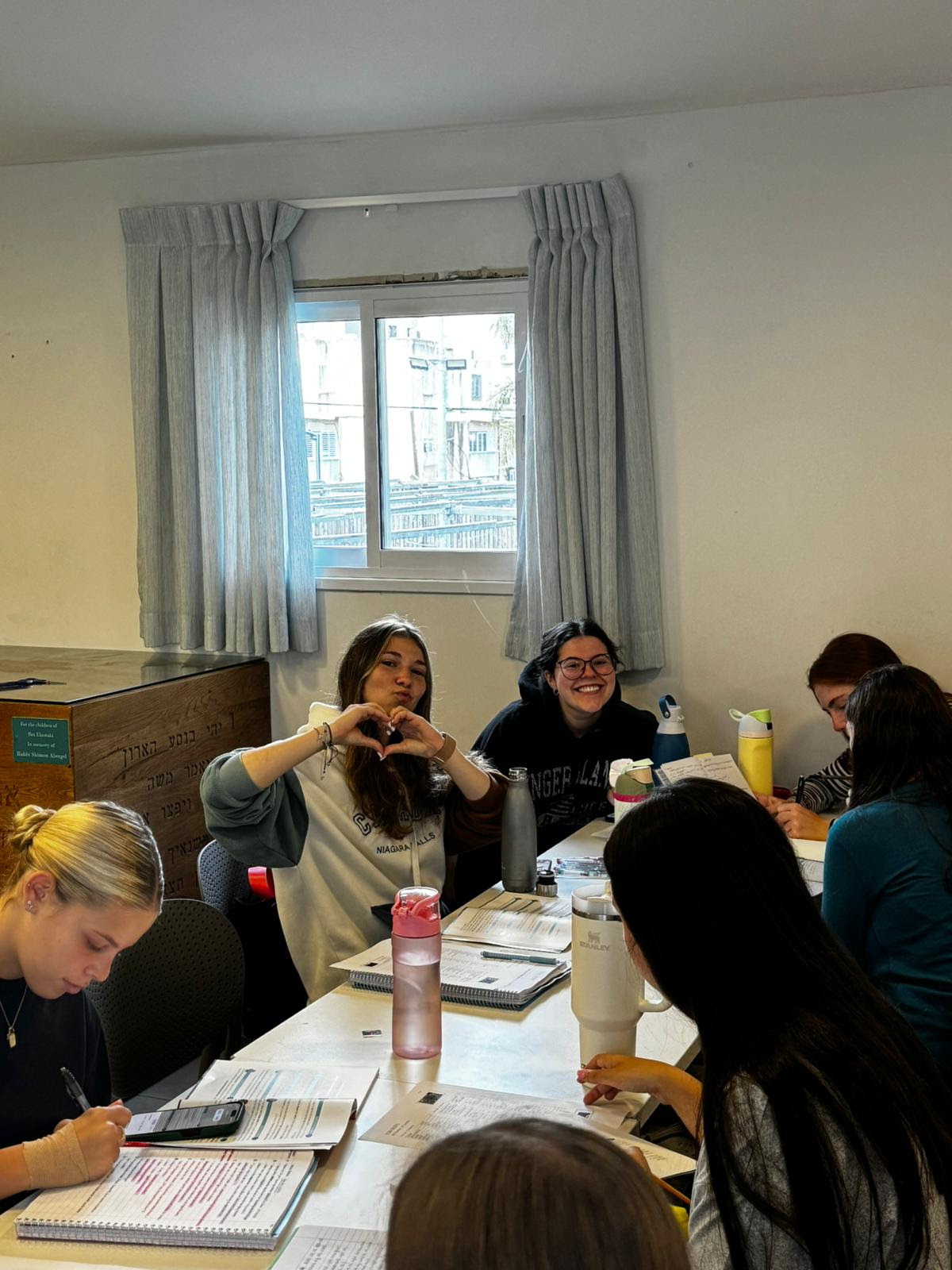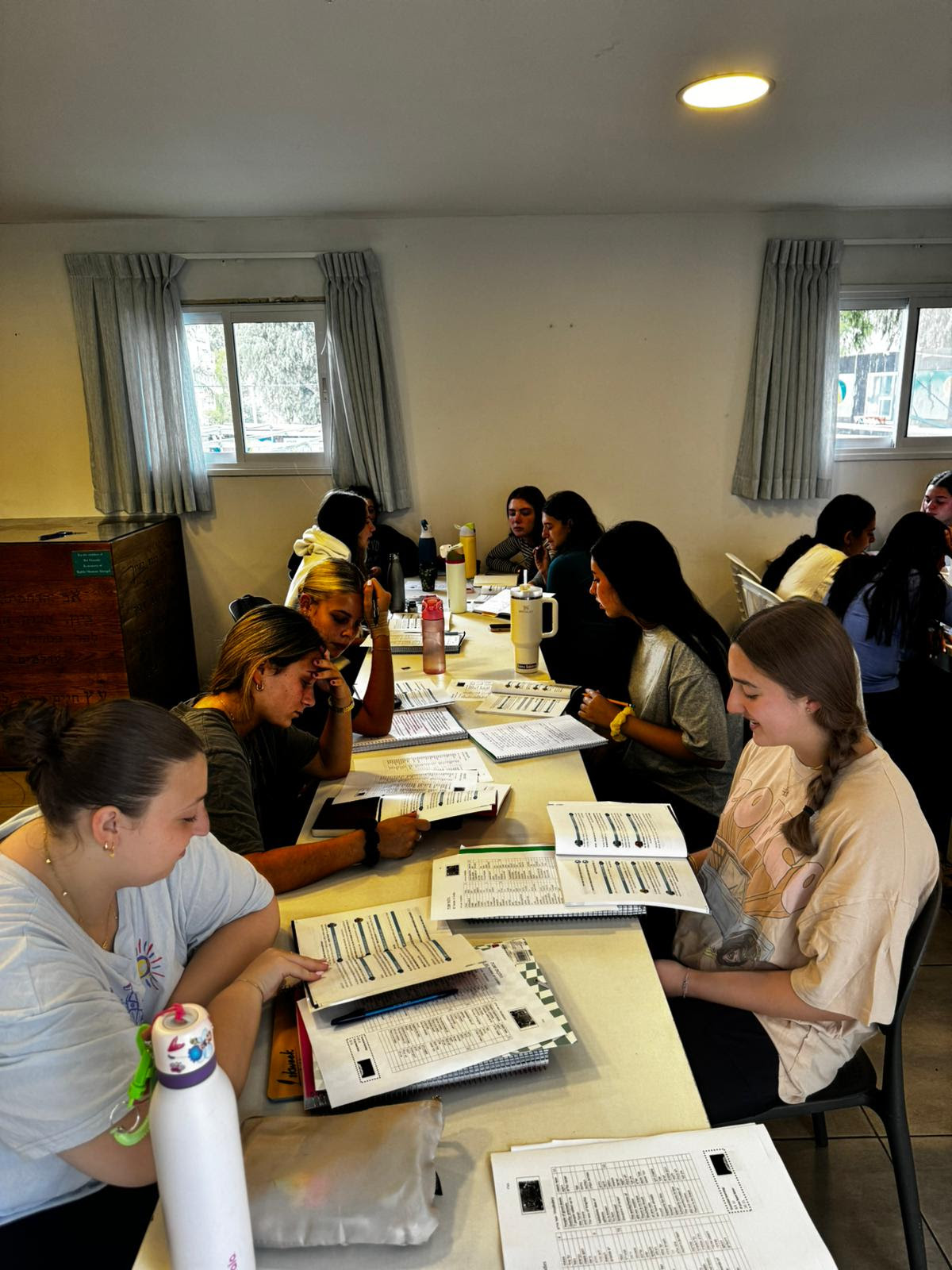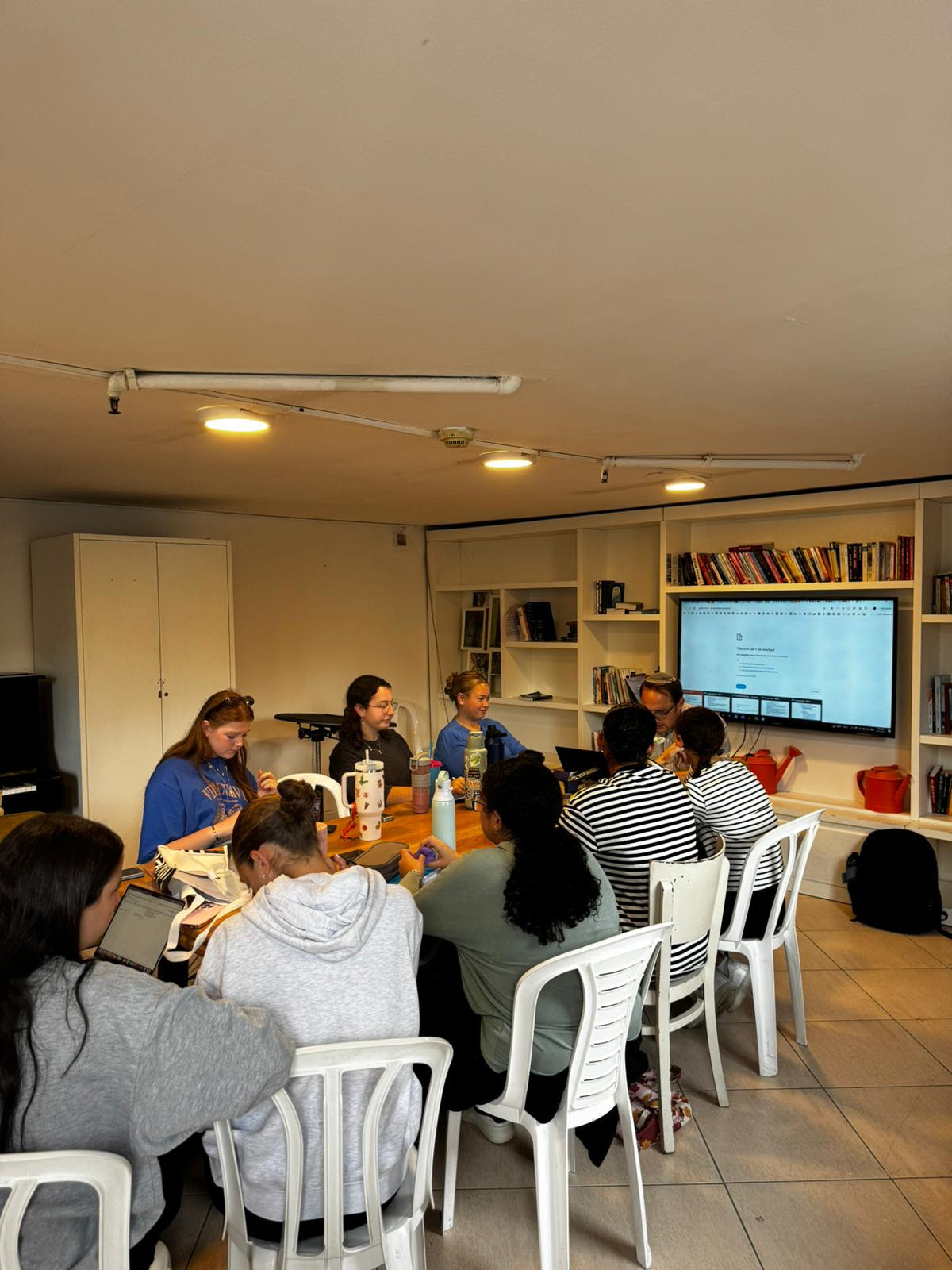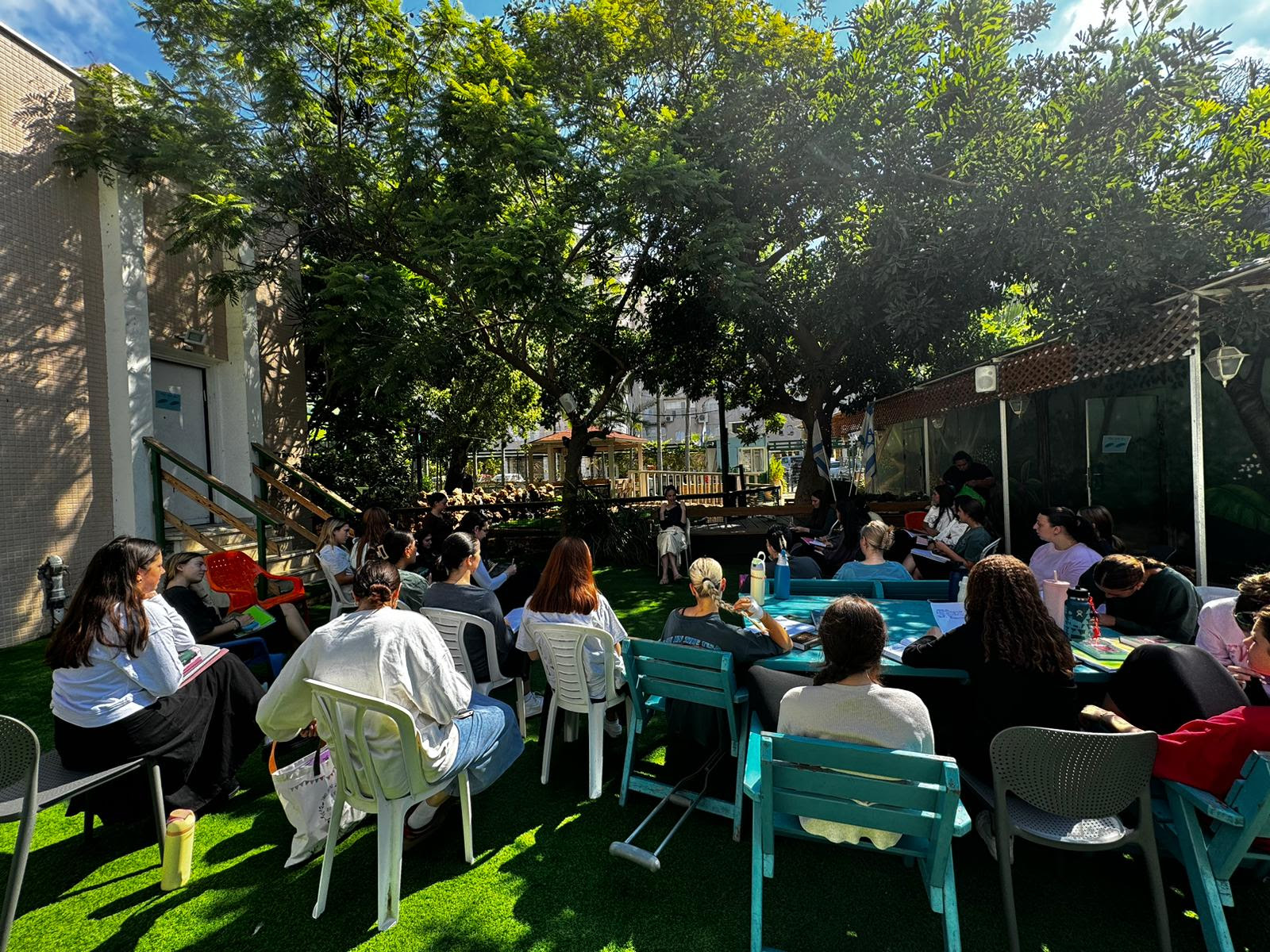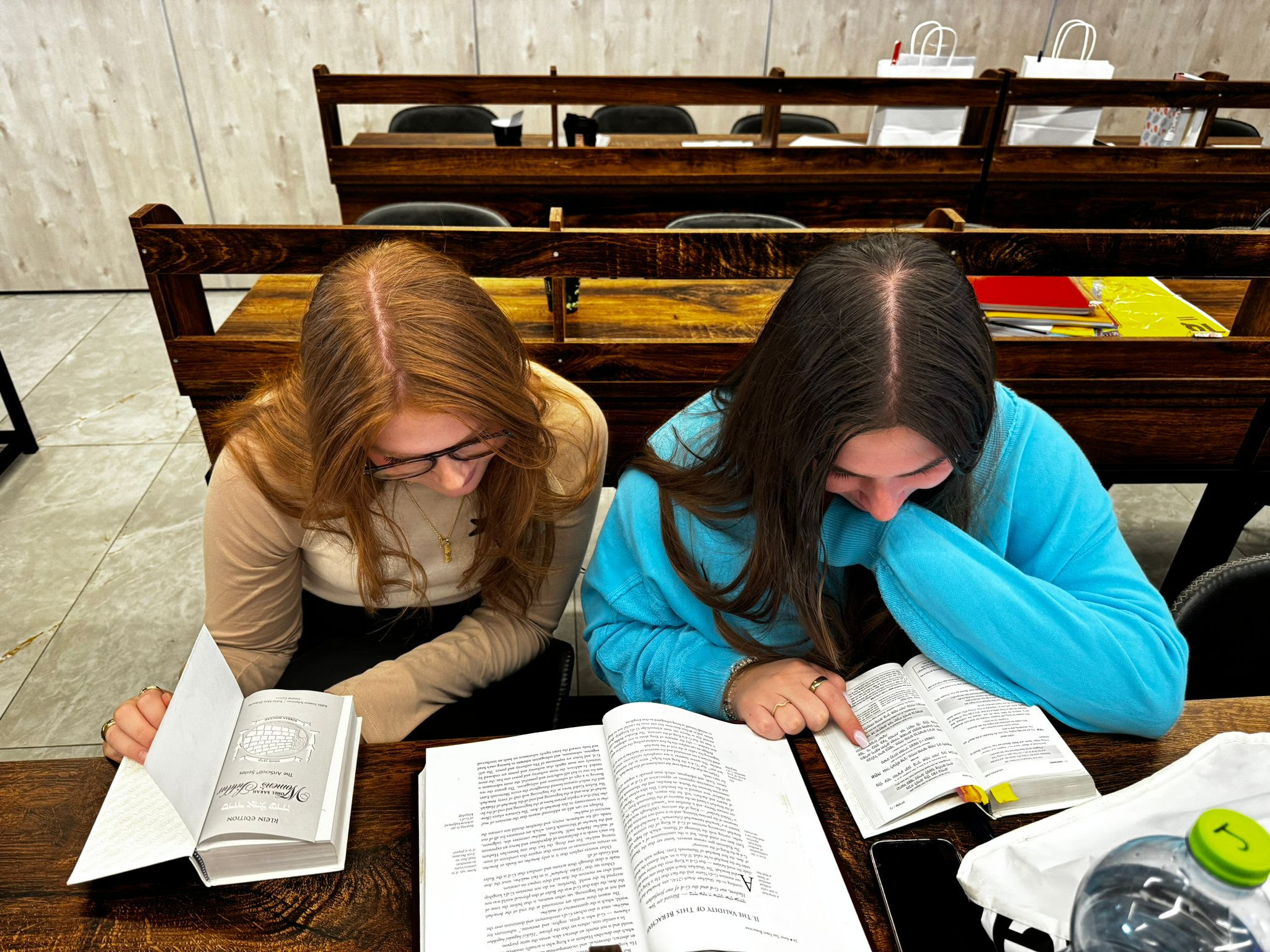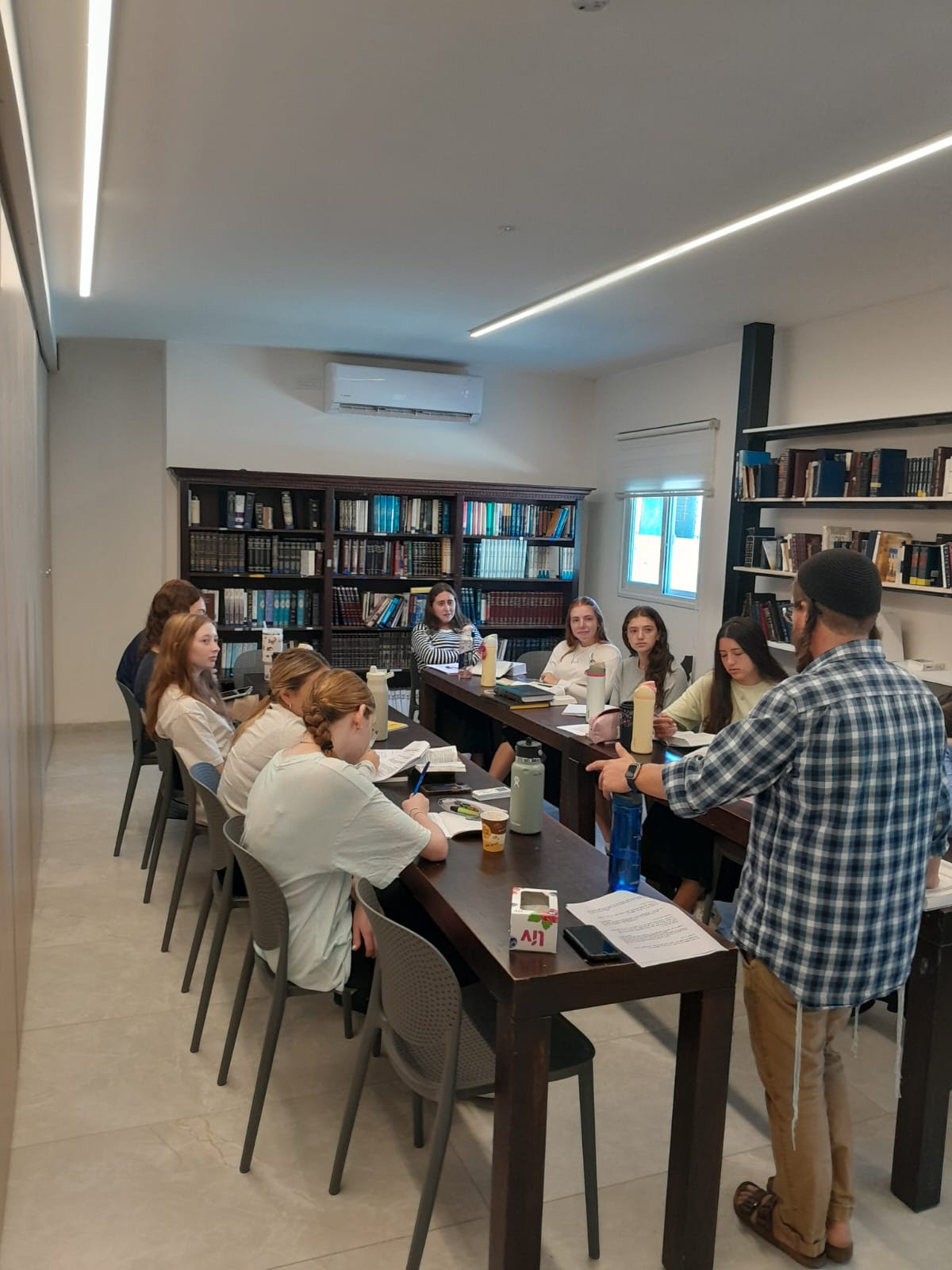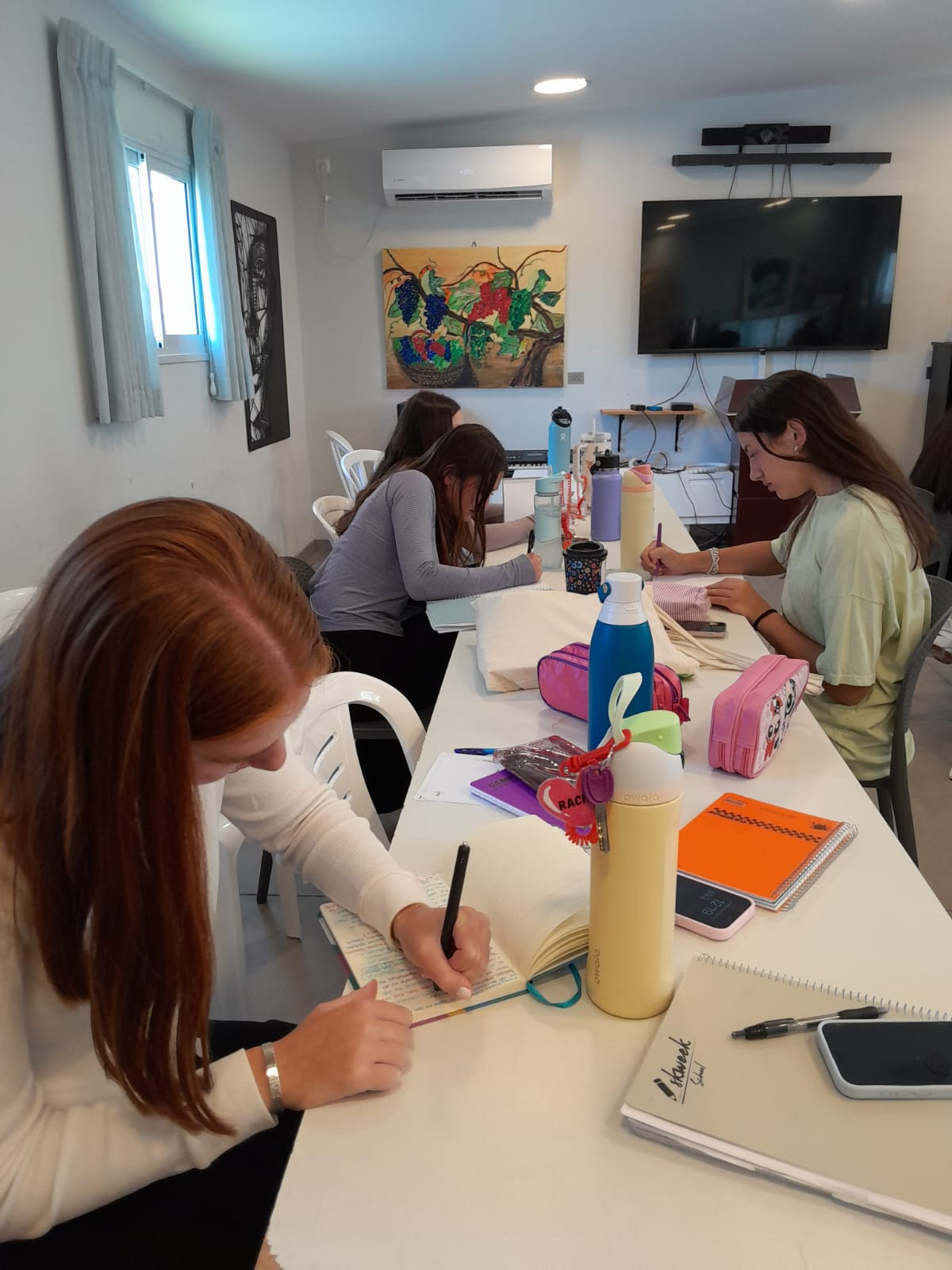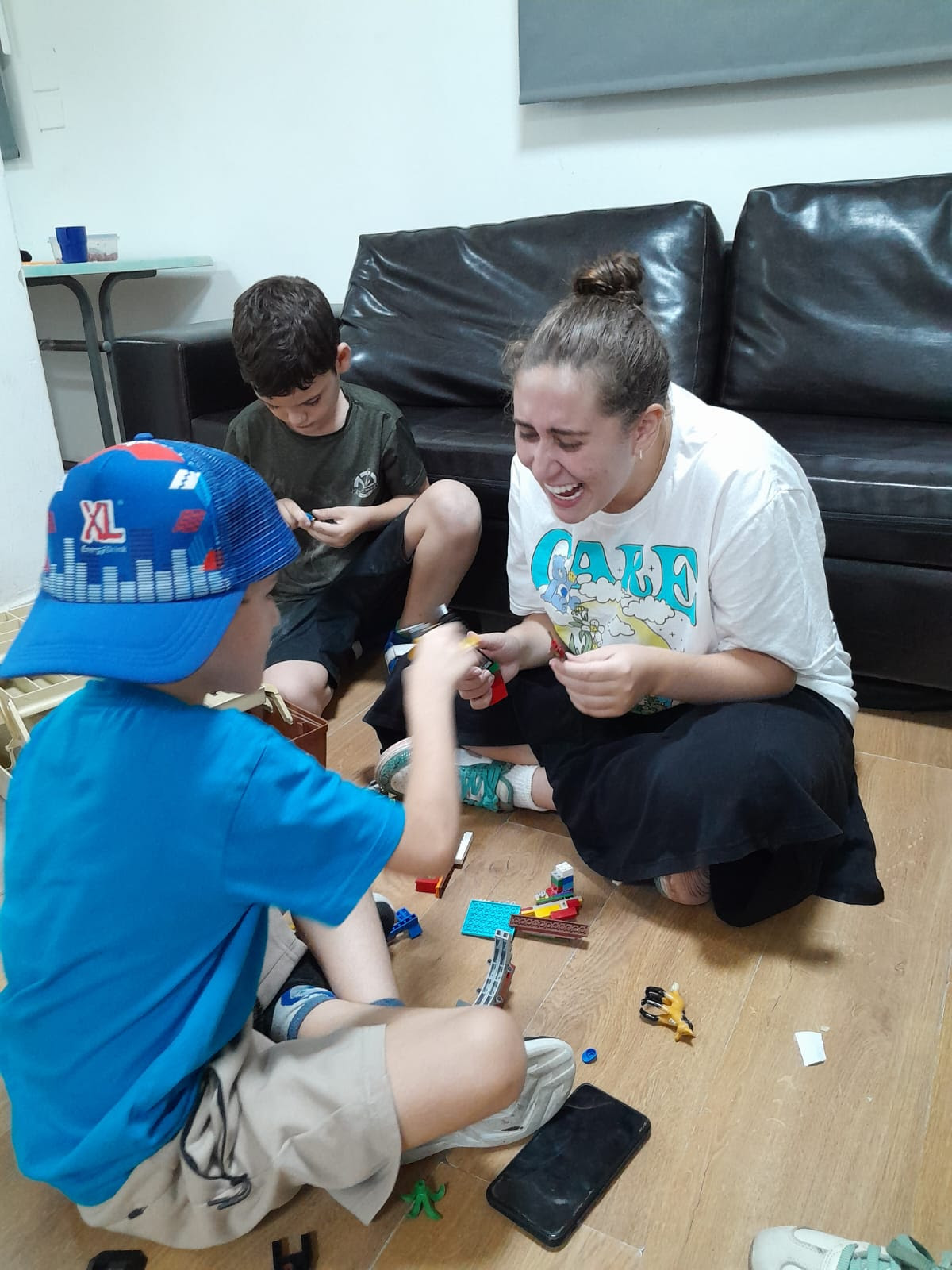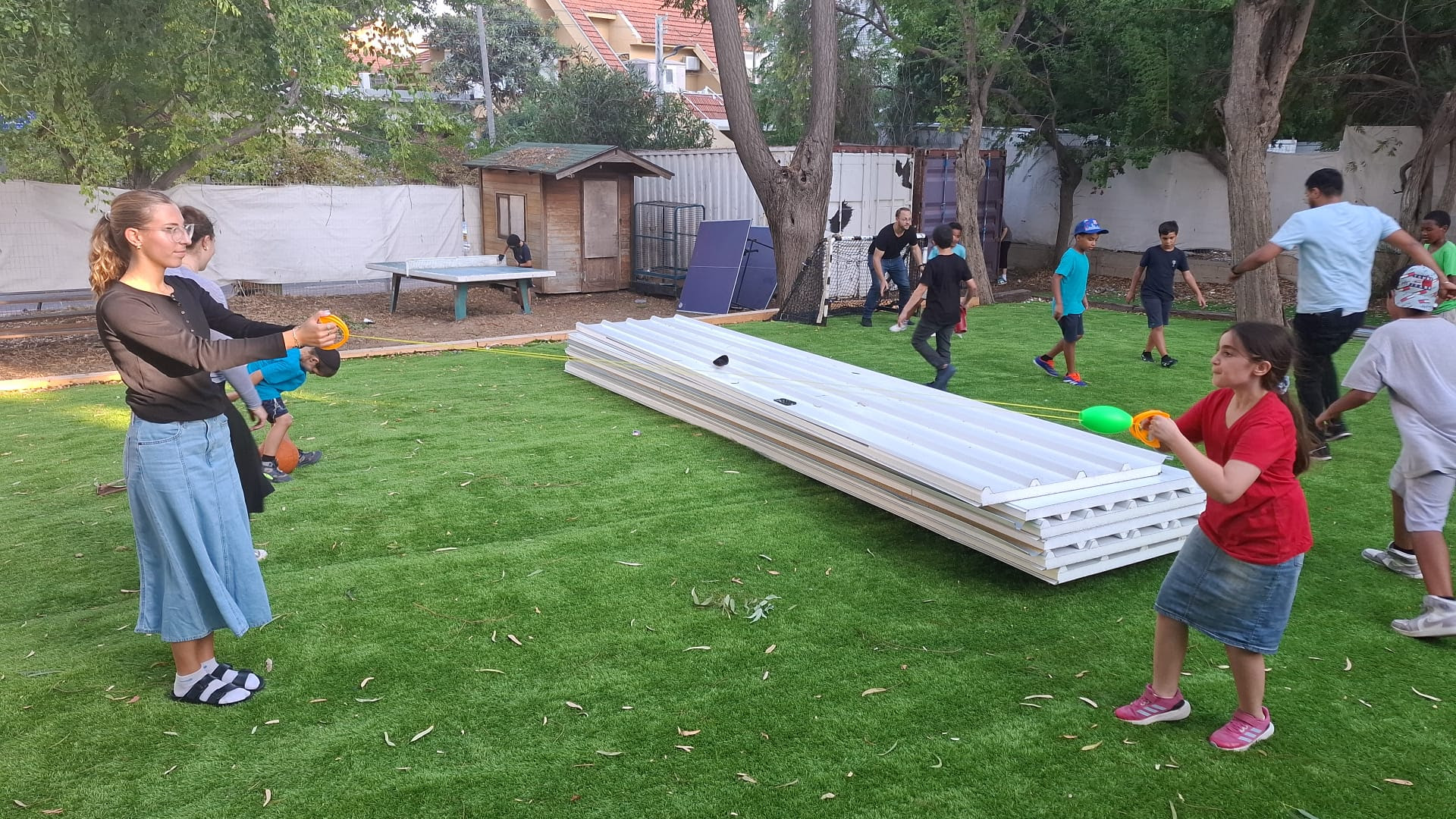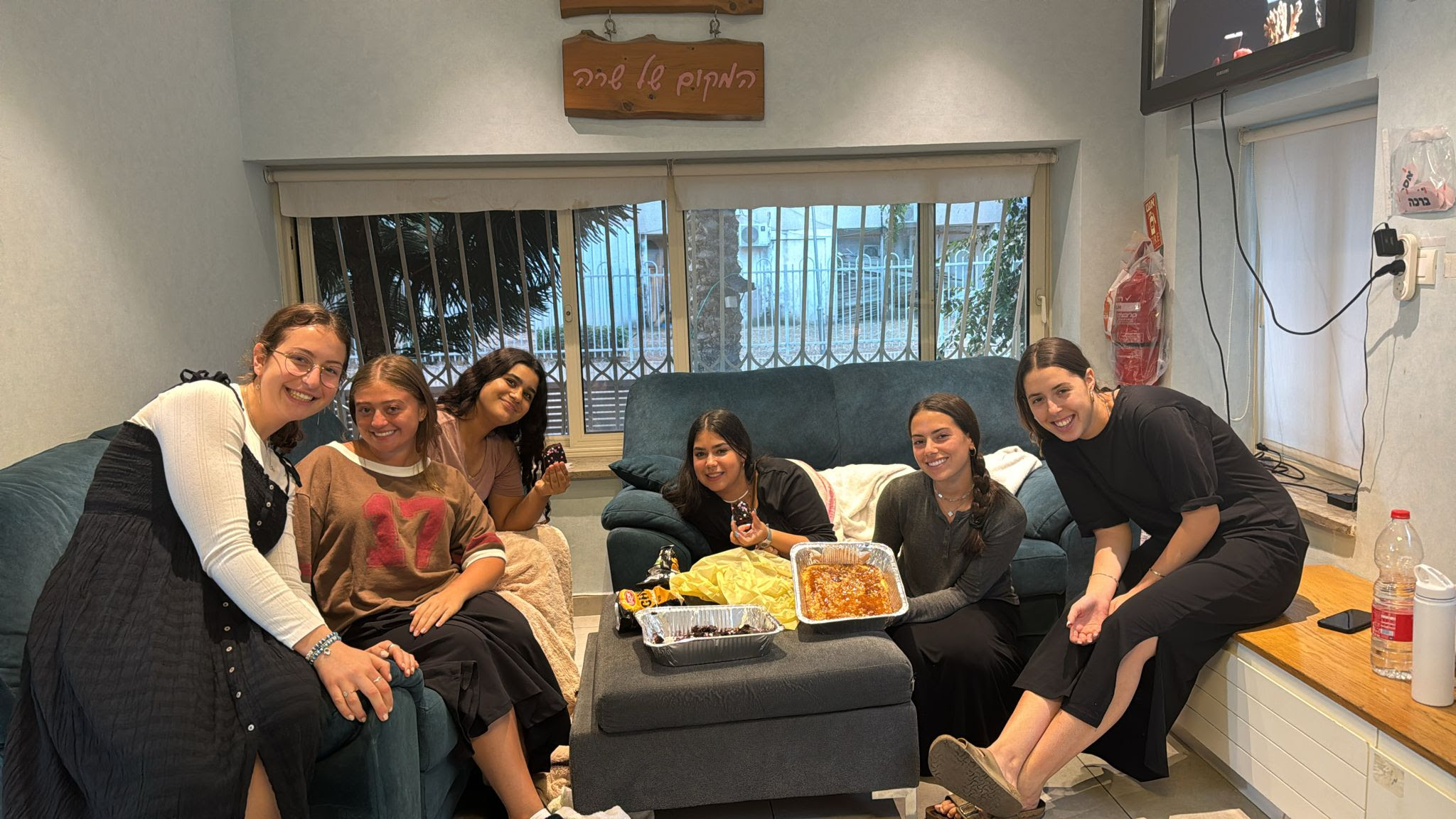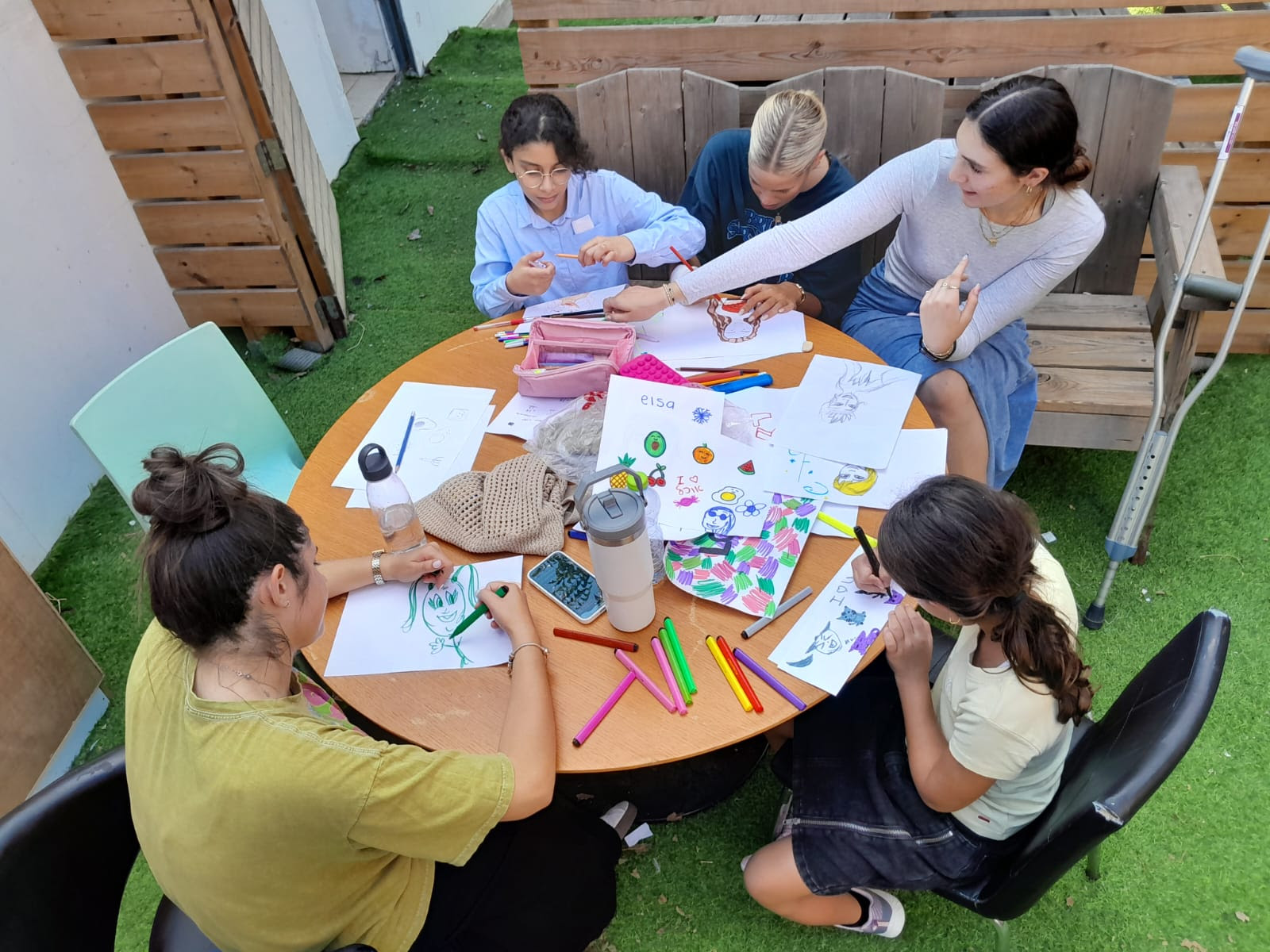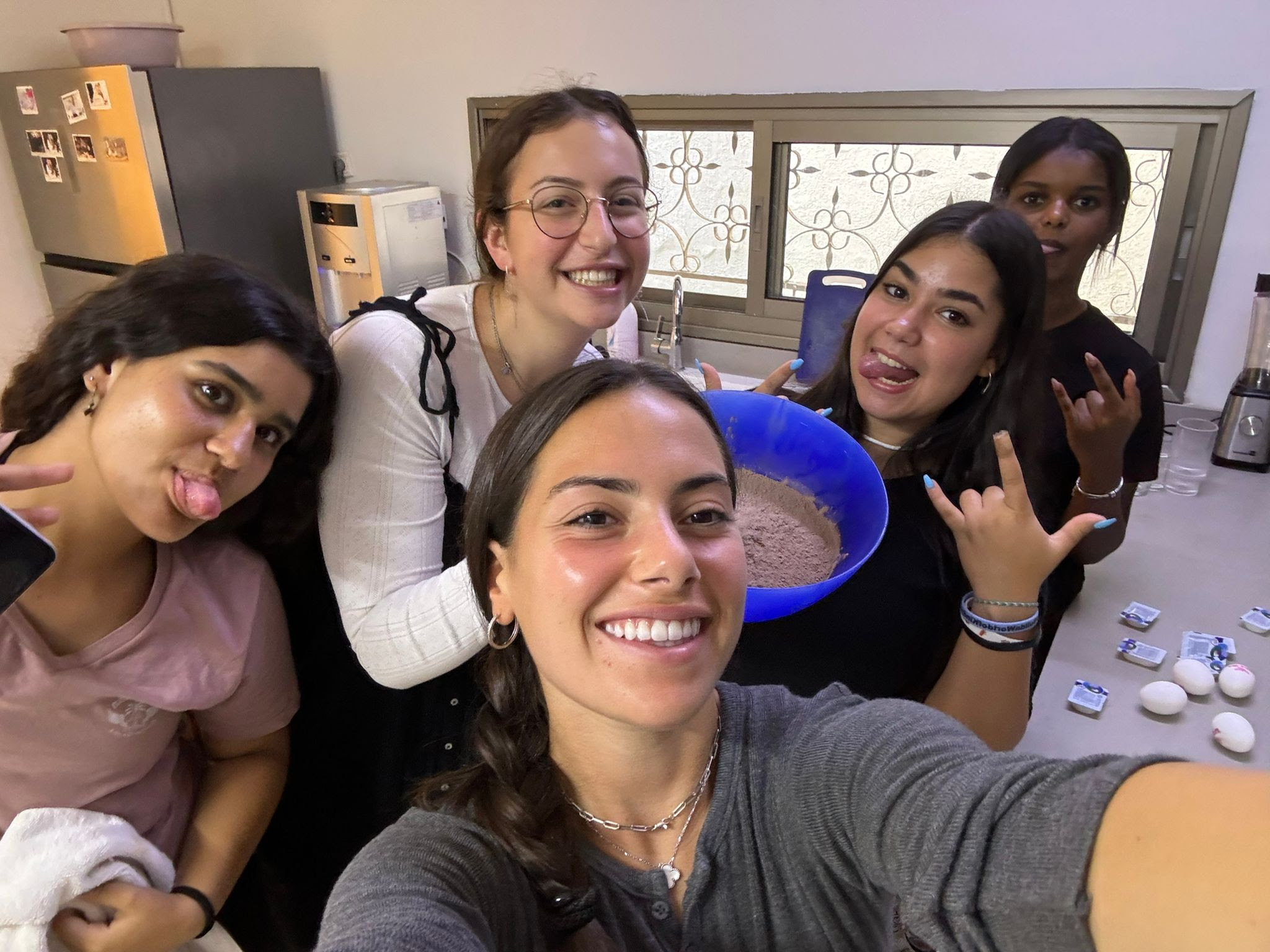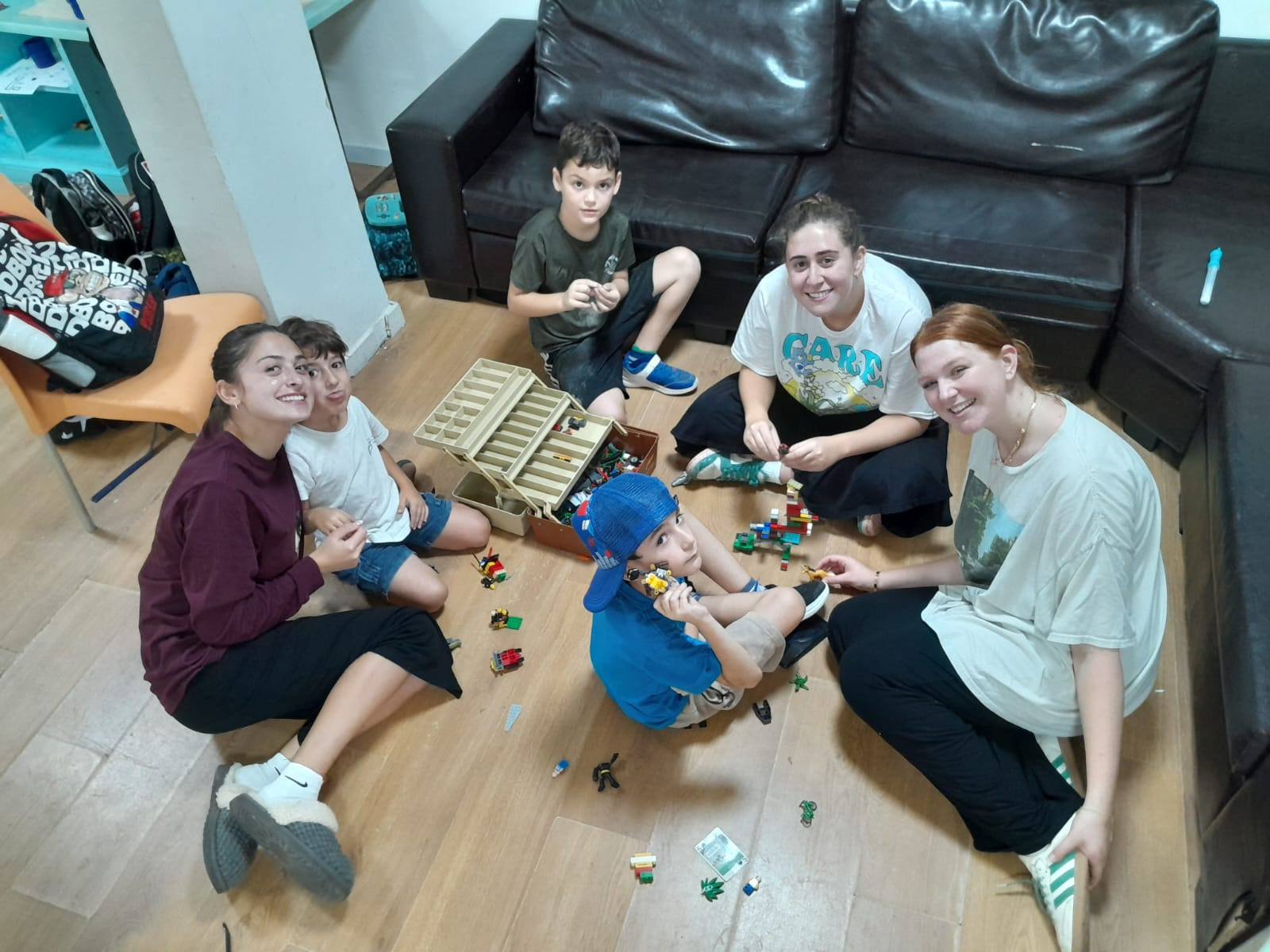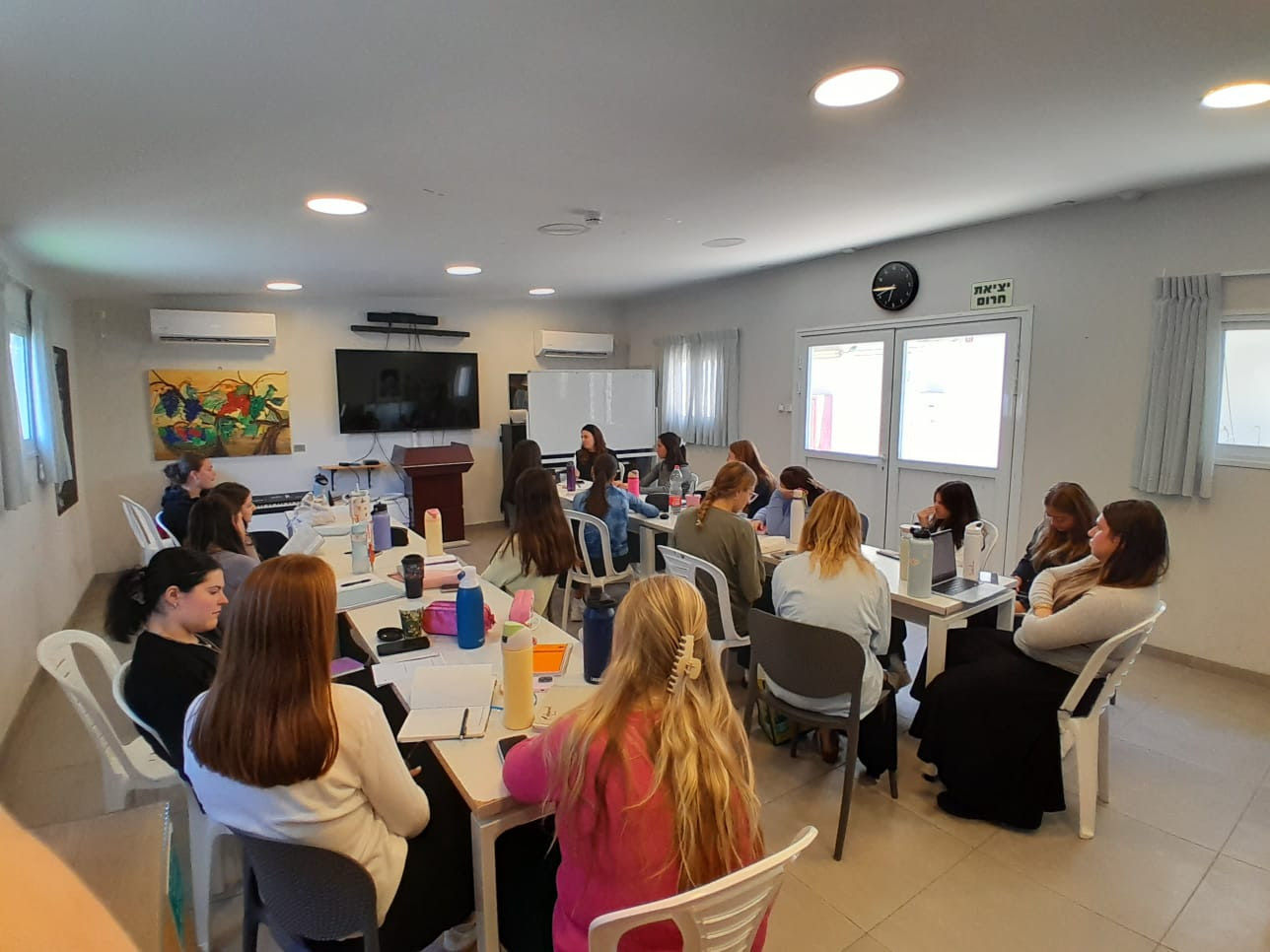
01 Oct MTC Highlights: Shabbat Parshat Haazinu
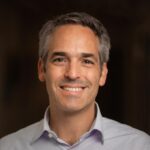
Rav Michael Sunshine - Rosh Beit Midrash
This past year has been that will live on forever in the communal Jewish identity. As we quickly approach the first anniversary of the Simchat Torah attack last year, the memory of the horrors and atrocities of October 7th continue to ring strong in our ears – especially as our brothers and sisters still sit in the darkness of the dungeons of Gaza, struggling to breath, while rockets continue to rain down on our homes, towns, and cities in Israel from Gaza, Lebanon, Syria, Iraq, and Yemen.
I am caught with surprise of the connection we are experiencing, no, rather, the connection we are now living between October 7th and that of Rosh Hashanah.
It is the experience of memory.
Th memory of October 7th that traumatizes and grieves us. It is a memory that we wish we could attribute to a nightmare, one that isn’t real and that never happened. It is a trauma that continues through each moment of our waking days, months, and, now, at the completion of a year. It is the memory of a reality we wish we could erase.
And, on the other hand, we stand at the final moments of the year, leading up to Rosh Hashanah, also known as Yom HaZikaron – a Day of Remembrance.
Yet, this is a day where we look forward to remembering, when we try to remember, and we go through great lengths to remind Hakadosh Baruch Hu about us, and his special and unique relationship with His people, His children, with us.
Rosh Hashanah is a day when the one mitzvah we fulfill, the shofar, serves to escort our tefillot up to Shamayim, to ask, to request, to beg him to remember us for good.
We see that there are different types of memories. Those that pain and traumatize, and those that we work to remember, and to remind others of.
Rabbi Shimon Gershon Rosenberg (Rabbi Shagar), writes that memory is what makes life meaningful. On the one hand, forgetfulness and inattentiveness cause our most basic sins while memory gives our actions direction and continuity. Memory serves to create a robust and intentional story from incidental and individual events of our life.
Not paying attention to our relationships – whether with parents, friends, spouses, or children – causes us to forget the existence of each other.
The same is with our relationship with Gd. We can make brachot, do mitzvot, and stand and pray yet, if we do that without the recognition that we are standing before Gd, then we can forget his presence. And, in the end, for us at least, it is as if He is not there.
We approach this Yom HaZikaron with the memories of October 7th, with the pain and anguish that we do not need a reminder of.
Let our approach to Rosh Hashanah, and the wake-up call of the Shofar, bring to the forefront of our attention Hashem and the people of our lives that create the story that give us meaning and vitality.
Student Reflection
Raquel Basaleli - North Shore, NY - Great Neck, NY
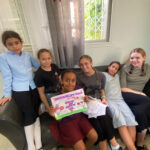
These past few weeks at MTC have been an amazing experience.
At first, I was nervous because I have never been away from home for so long. However, MTC has been like a home away from home to me. I love all of my teachers, classes, and all of the girls here. I also feel like I’m genuinely making a difference with the kids I work with in Beit Elazraki.
Some of the children are shyer and have a harder time letting new people in, but they are slowly opening up and I feel myself becoming closer with them every day. My birthday was a few days ago and the kids threw a surprise party for me. They all made me birthday cards and sang happy birthday; it was so cute!
I am so grateful to be here at MTC surrounded by all of these amazing people. I hope that I can continue to grow and be inspired here.
I am so excited to see what the rest of the year has in store.


